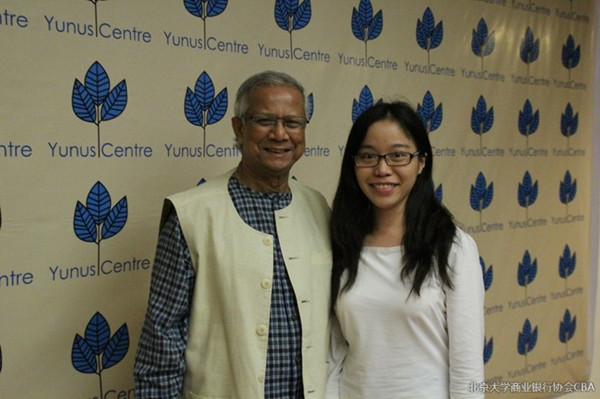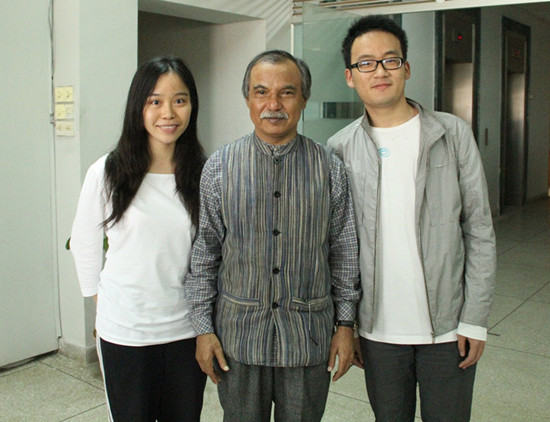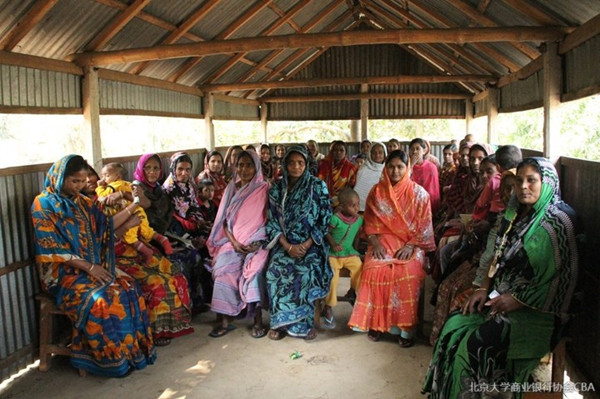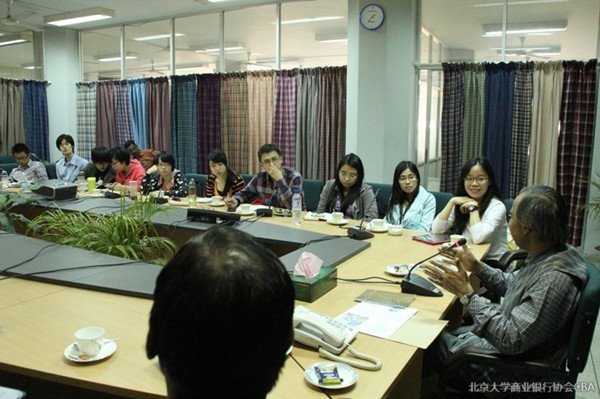Home
-
About
-
Why PHBS
-
Academics
-
Faculty & Research
-
Students
-
Alumni
-
News & Events












